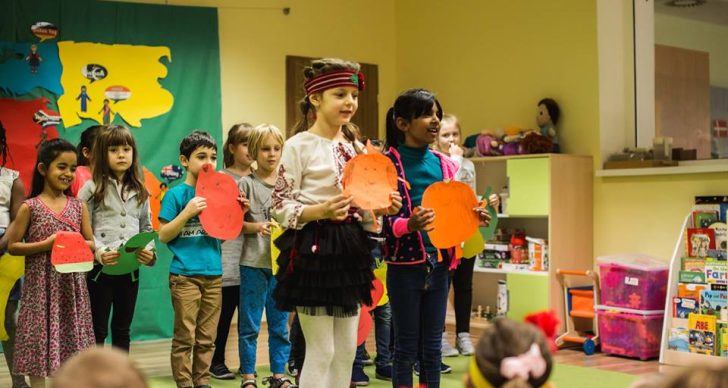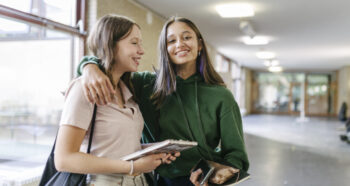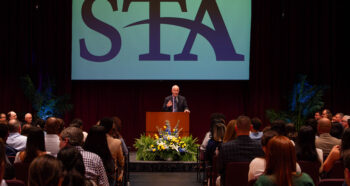How can we encourage our learners to have truly global mindsets? This is a question we ask ourselves often at Cracow International School, Poland.
Poland is a somewhat conservative country, but it is becoming ever more international. Indeed, our school is young but has a highly diverse population, with students from Poland, Ukraine, Belarus, Turkey, Switzerland, Greece, Armenia, Russia, India, Pakistan, Vietnam, Gran Canaria, Nigeria, Cameroon and New Zealand!
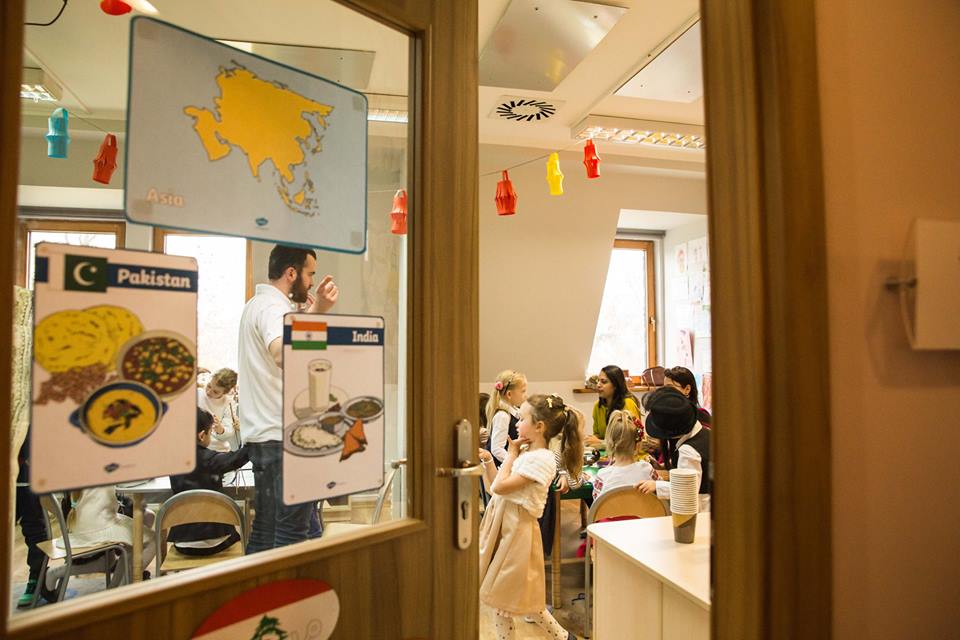
Our school’s mission is to educate open-minded citizens who, from their earliest years, will experience different languages, religions, traditions and opinions among their peers. We believe this will allow future generations to have empathy and respect for others. Many of our students have friends from different backgrounds from the age of seven. This is what education should look like in every school, in every country.
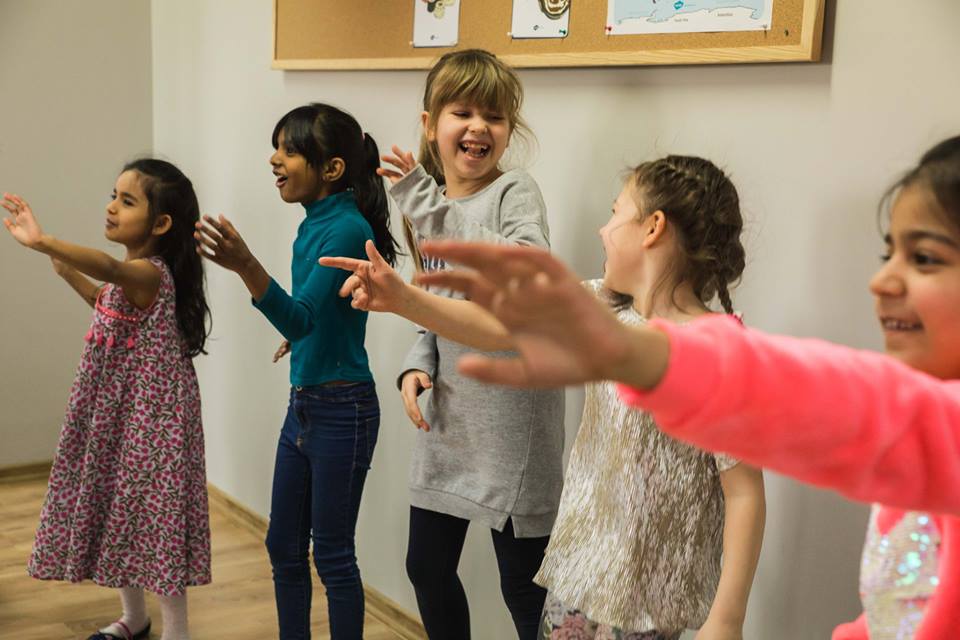
We believe that our cultural diversity should be celebrated, and that everyone should be included. So we recently held a Day of Languages, where students, parents and teachers had the chance to present themselves in their own individual way.
During the day, we looked at flags, tried on national costumes, smelled spices, sang songs, took part in national dances, and learned about music from around the world.
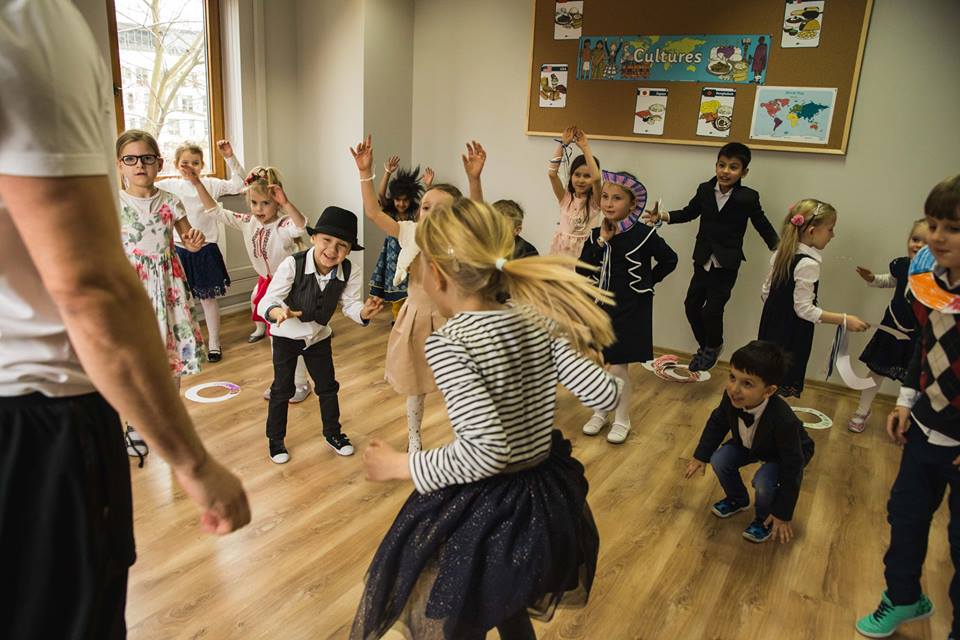
The day was a great success, but developing global mindsets requires a holistic approach. Our school’s diverse character is enhanced by the Cambridge International curriculum. As all the Cambridge programmes are taught through the medium of English, they provide an opportunity for many students from different countries to study here in Poland. For Polish students, the programmes give them a chance to experience a new dimension of learning that will help them study or work anywhere in the world.
What especially moves me is the subtle way in which the Cambridge textbooks for English, mathematics, and science emphasise cultural diversity. The students learn that the world extends far beyond their immediate surroundings because the books are filled with photographs and illustrations featuring children who look different from them. They see names they have never heard before, and wonder ‘what is this name, where does it come from?’. While practising reading comprehension, they might learn about a legend from Mexico or Liberia and immediately wonder where these countries are.
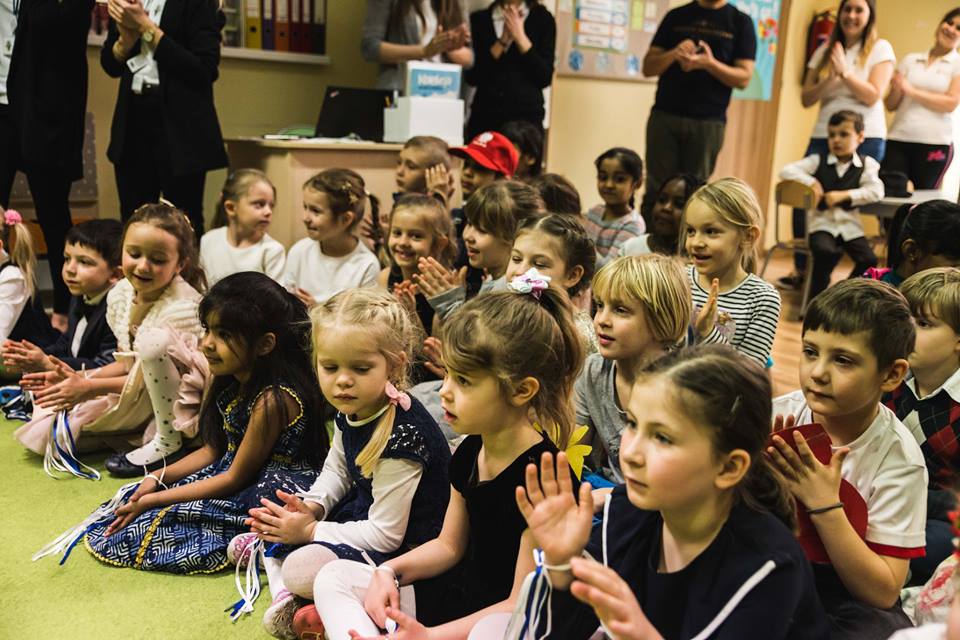
The cheerful atmosphere inspired by our Day of Languages infused the school for days after the event. Apart from the joy and curiosity of discovering new things, many people felt proud to share their cultural heritage.
I would recommend any school with a culturally diverse population to organise an event like this, as it allows the entire school community not only to celebrate shared values, but also to pause for a moment and focus on what’s important – people and their personal stories.
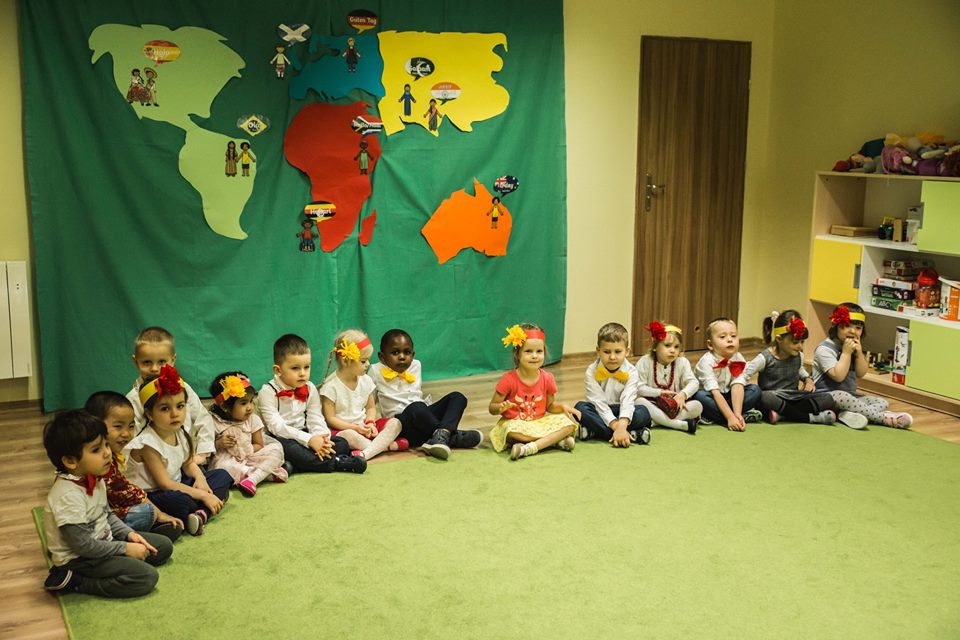
For Cracow International School, our Day of Languages will definitely be a regular fixture on the annual calendar.


